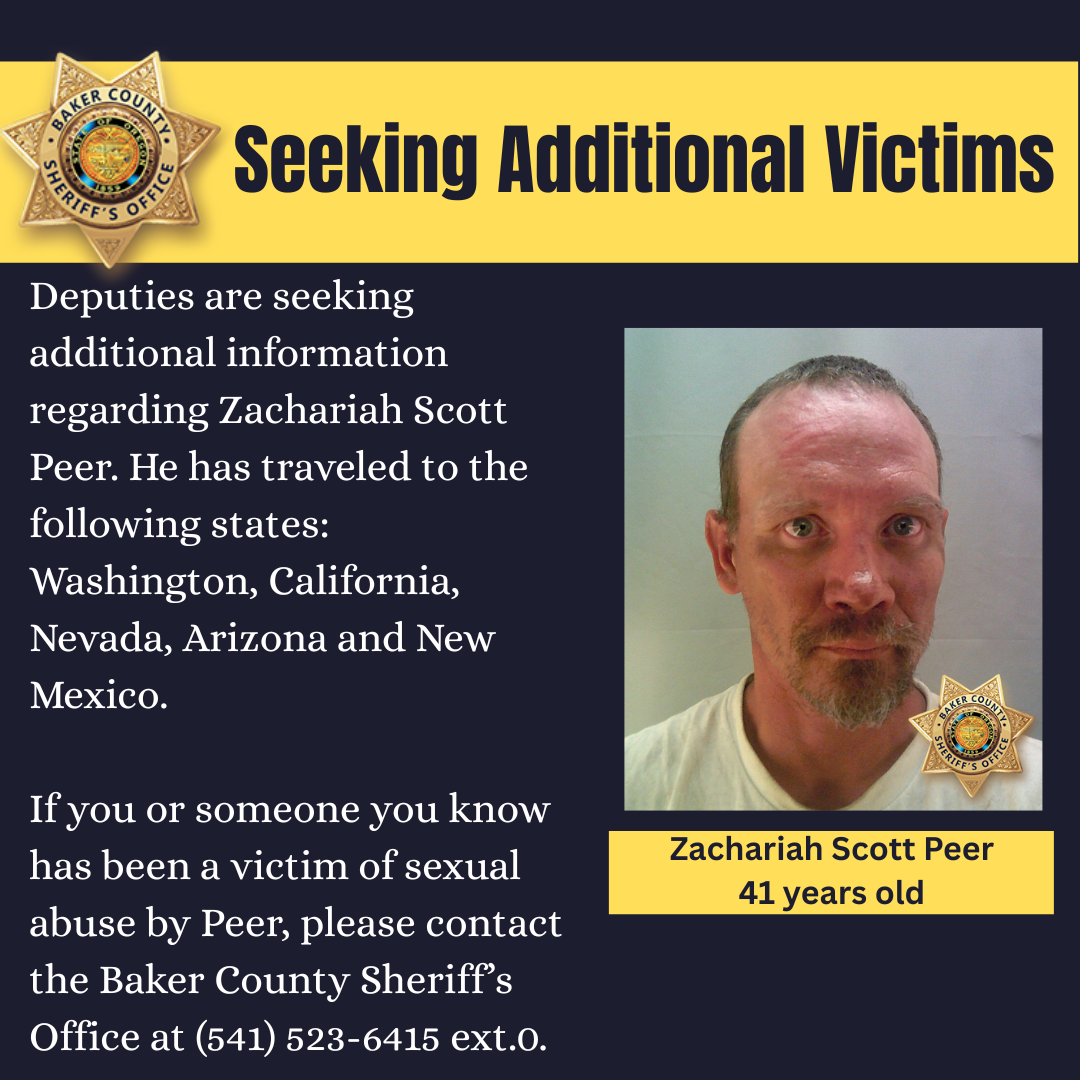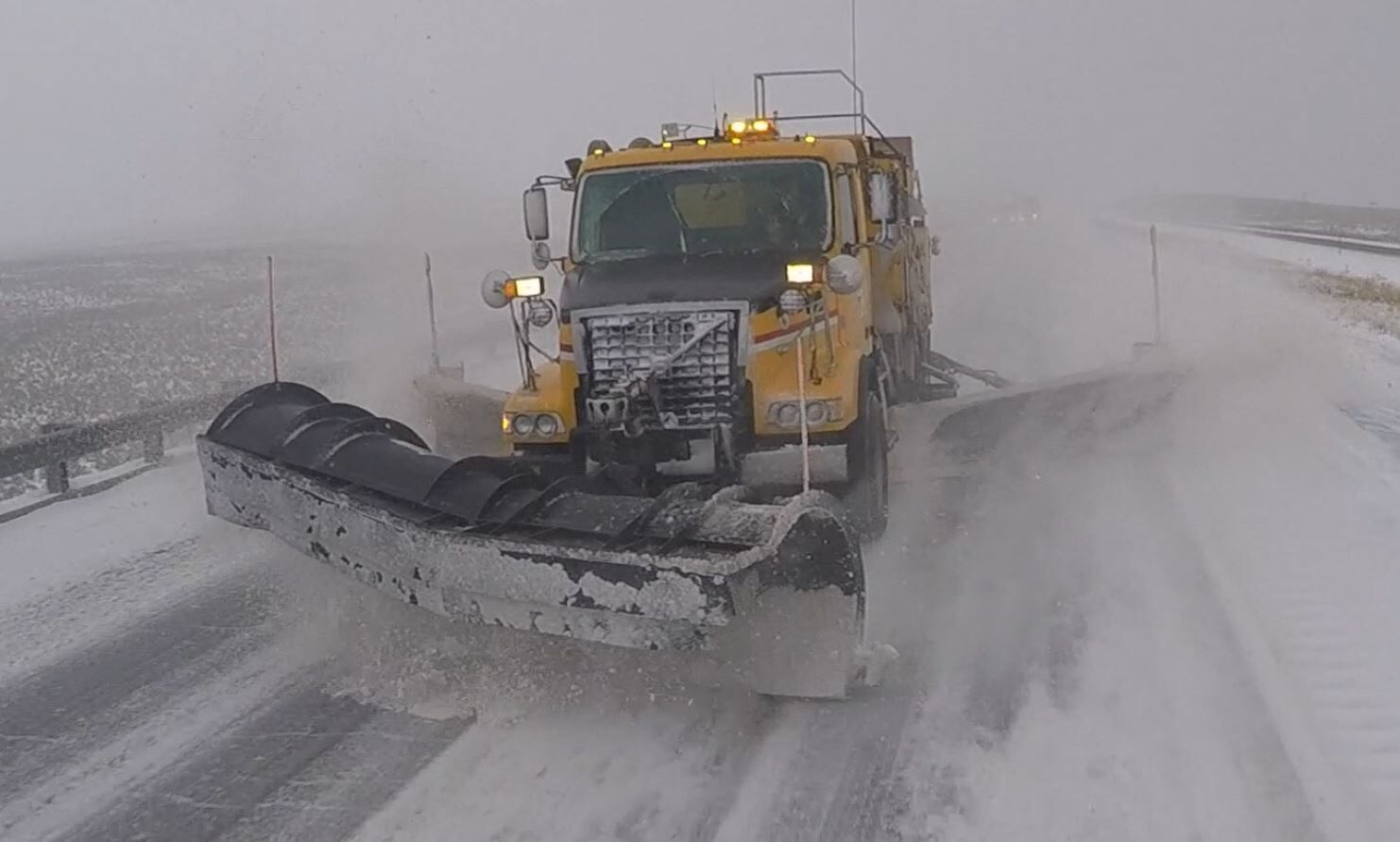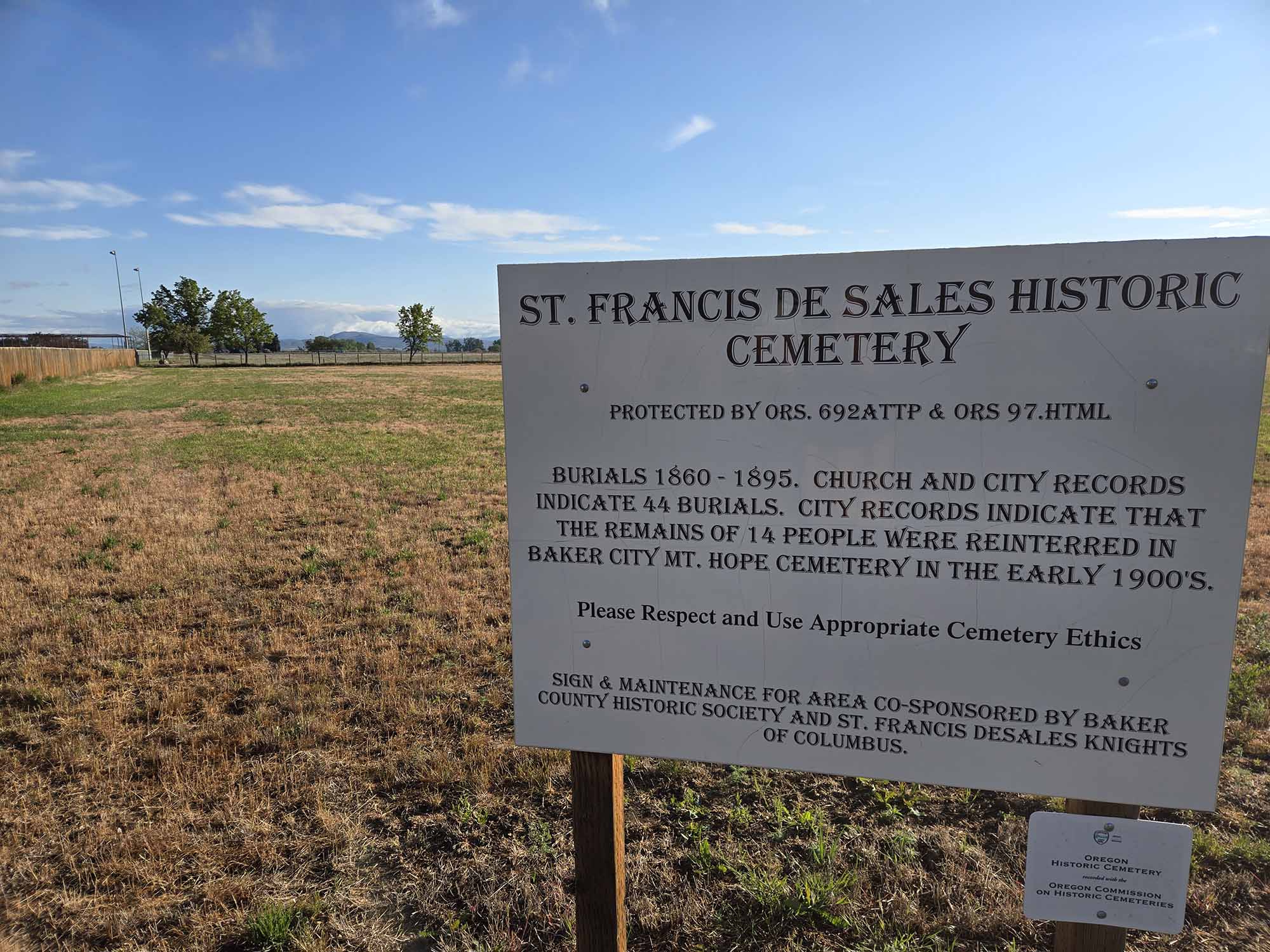Protesters like to listen — but only to themselves
Published 12:30 pm Friday, October 13, 2017
My diploma from the University of Oregon was wedged between photo albums on a shelf in my bedroom closet the last time I bothered to see if could find the thing.
Trending
The green fake leather that covers the document had collected a patina of dust that left a brown smudge on my fingers — and a slight pain in my head as I considered what seemed an impossibly long span of years since I first laid a fingerprint on it.
Although I don’t display the diploma I am proud both of it and, generally speaking, of my alma mater.
But I am ashamed to be associated in any way with the recent antics of a small number of U of O students who walk the same paths I walked and sit in the same lecture halls.
Trending
The students were part of a group of protesters who disrupted an Oct. 6 speech by university president Michael Schill on the Eugene campus.
The protesters, who in common with many toddlers seem to believe that debates are won not by intellect but by decibels, employed a bullhorn to overwhelm Schill’s more modestly amplified voice.
After 10 minutes or so Schill, no doubt in deference to his sense of decorum as well as his larynx, walked away, his annual State of the University speech undelivered.
The group that arranged the protest put out a press release later in the day defending the tactics. The release included a statement that demonstrates a type of reasoning that would warm the hearts of egomaniacs everywhere.
“Free speech is the right of individuals and communities to express themselves without repression from the state,” according to the group. “The students are not the state nor the repressors. Taking to the stage and using this platform was an act of free speech — not a violation of it.”
I’m not sure which aspect of this statement depresses me more — the sophomoric audacity of its authors, or their ignorance of the most elemental concept of free speech.
Of course the protesters had the right to shout down Schill.
But in doing so they decided for everybody else in the audience that the protesters’ words matter more than Schill’s do, and that their opinions outweigh those of anybody else who happened to be there.
To celebrate it as an “act of free speech” when you’ve prevented other citizens from hearing a speech by the president of a major public university requires an aptitude for self-righteousness for which college students with an affinity for activism have few equals.
It also takes an intense focus — one that filters out the slightest scent of irony — to proclaim that you are not “the repressors” after you’ve blocked someone else from speaking by mimicking hooligans at a European soccer match.
The group, as such groups usually do, included in its press release a list of “demands,” as though they were children advocating for hot dogs instead of hamburgers at a backyard picnic. These demands include both a tuition freeze, a plan to lower tuition and an end to faculty layoffs, which suggests the students understand economics about as well as they understand the Bill of Rights.
The protest was not a surprise.
Schill recorded a version of his speech the day before and made it available online after the protesters thwarted his attempt to speak on campus. This is almost as troubling as the protest itself because it shows that even the threat of the protesters’ thuggish tactics had an effect.
Among the things Schill talked about in his recorded speech is the $50 million gift that a group of donors recently made to the U of O — a gift that has no strings attached.
Schill said he has earmarked less than half of the money to several projects, including adding nine endowed faculty positions.
Schill said he will consider suggestions for how to spend the rest of the gift.
Charlie Landeros, one of the protest organizers, told reporters that he thinks the U of O should spend the donated money to help low-income students pay for tuition.
That’s a reasonable idea.
Landeros and his fellow protesters might have even had the chance to engage their university’s president in a discussion about their proposals — or perhaps they would prefer to call these “demands” — on Oct. 6.
But of course that scenario requires the students to demonstrate proficiency in something that perhaps is not as satisfying as chanting slogans and clapping in unison, but is a skill that most people have grasped many years before they enroll in a university.
Moreover, it’s a skill that’s as essential to the spirit of free speech, as distinct from the protesters’ Orwellian definition, as opening your mouth is.
We call it listening.
0 0 0
It was purely coincidental that on Sept. 30 I happened upon the place where history was made exactly 57 years before.
Not that the event was seen as a major milestone at the time — at least not compared with, say, Dec. 7, 1941, or Nov. 11, 1918.
What happened on Sept. 30, 1960, is that fire crews, after more than two months of toil, finally doused the Anthony fire.
The fire, the combined combustion of seven blazes started by lightning on July 19, 1960, was one of the larger fires in this area — about 15,000 acres — during the 20th century.
The blaze was also deadly.
Three people who worked on the fire were killed, in two separate aircraft crashes.
Larry Englert, 38, and Elliott Corbett, 33, both of Portland, died July 22, 1960, when the B-25 bomber Englert was piloting crashed while preparing to drop a load of retardant at the Anthony fire.
Wilson C. Holroyd, 31, an assistant district ranger from Baker City, died Aug. 8, 1960, from a head injury he suffered in a helicopter crash while surveying the fire on Aug. 2.
I was driving home after a hike on the opening day of deer season when I came across the wooden sign the Forest Service put up to commemorate the Anthony fire. I had seen the sign many times, but the last was, as near as I can remember, at least a half dozen years ago. It stands on the east side of the Ladd Canyon Road about six miles north of Anthony Lakes.
I pulled over and ran down the window so I could better make out the text in the midst of a snow flurry. I noticed the Sept. 30 reference and felt that brief, queer sensation that you sometimes feel when you ponder the great weight of history.
But what struck me more forcefully than the coincidental timing was the idea that, so far as I know, the Forest Service hasn’t erected a sign to memorialize any of several bigger fires that have burned since 1960.
Fortunately nobody died fighting any of those blazes, which might explain the absence of similar signs.
Yet I also wonder whether the agency, and to some extent the public, hasn’t become a bit jaded by blazes measured in tens of thousands of acres. At least half a dozen fires on the Wallowa-Whitman have exceeded the Anthony fire’s acreage in the ensuing 57 years. Fires of that size certainly aren’t anything like routine, to be sure.
I hope they never are.
Jayson Jacoby is editor of the Baker City Herald.









